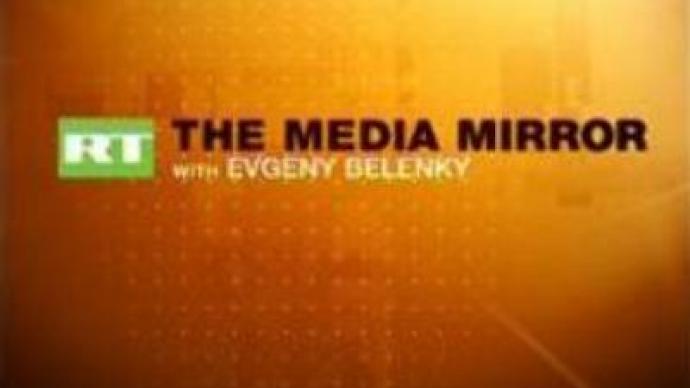Media Mirror, 17.05.07

The Russia-EU summit remains the most discussed news event in Moscow on Monday. Among other topics is the plan to restore the Moscow National Exhibition Centre.
ROSSYISKAYA GAZETA writes that the XIX Russia-EU summit, in spite of weeks of media warnings that the meeting would be fruitless, was actually far from that, if we discount the fact that no new agreement was signed. Still, in the sphere of economic co-operation Russia remains Europe's third partner and nothing is going to change that, says the article.VREMYA NOVOSTEI also has a summing-up piece that views the matters somewhat differently: it says that the discussion that presumably heated up at times during the session behind the closed doors spilled over to the press-conference and caused the participants to show their tempers, if in a polite and civil way. The paper called the event “A nervous summit in the heart of Russia”. IZVESTIA has an interview with Richard Sakwa, a well-known British academic and specialist in Russian affairs.On the relations between the EU and Russia he says that some EU members are still in a mood of antagonism to Moscow. It was easier with Germany and Japan after WW II because they admitted defeat by capitulation. In the cold war there were no winners or losers, whatever they may be saying now. He made his point even clearer:“After the cold war the West just couldn't invent a place for Russia. There is not a single word in the political science books about the methods of incorporating great powers (superpowers) into a new world order.”KOMSOMOLSKAYA PRAVDA writes about a plan to restore the Moscow National Exhibition Centre.The historical part of it was built in 1937-39 by architect Viacheslav Oltarzevsky, who had worked in Paris, built the 'Royal Pines Resort" in New Jersey, and took part in work on a few skyscrapers in New York. His exhibition halls were arranged to represent planets of the Solar system, with ornaments on them that belonged to every religion known to man. In the centre of the square, where the space rocket is now, he planned a sculpture of Lenin, but in his drawings that place, the place of the Sun, was occupied by a giant Cross. This cost him five years in the Gulag. Stalin personally ordered Oltarzevsky's release in 1942.Miraculously, during the war not a single bomb fell on the grounds of the Centre.There will be a completely new set of exhibition halls built alongside the older part of the Centre.Russia is saying farewell to Valentina Leontieva, or Aunt Valya, for several generations of Russians who were raised on her children's TV shows. In 1958 she became one of the first professional TV presenters at the National Channel 1. She did news, programmes, talk shows, she worked in every genre of television, and stayed on screen for 40 years. Valentina Leontieva died on Sunday at the age of 83.
You can share this story on social media:












